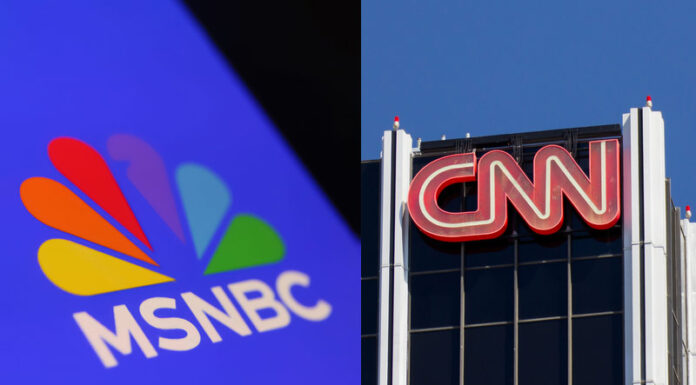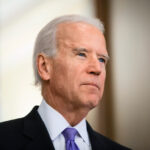Former MSNBC host Joy Reid sparked intense debate during a Tuesday evening CNN panel appearance when she defended Iran’s nuclear ambitions, arguing that the nation seeks atomic weapons as protection against Israeli aggression. The contentious exchange occurred on CNN’s “Newsnight” program on June 24, 2025, following President Donald Trump’s recent military strikes against Iranian nuclear facilities.
During the heated discussion, Reid challenged the panel’s criticism of Iran’s nuclear program. “The bottom line here is the way that we know that Iran did not have nuclear weapons is that if they had nuclear weapons, Israel would not attack them,” she argued, suggesting that Iran’s pursuit of nuclear capabilities stems from regional security concerns rather than aggressive intentions.
The former television host further contended that Iran and Saudi Arabia are attempting to acquire nuclear weapons because what she characterized as an expansionist power in their region continues to threaten and bomb them. Reid also questioned Israel’s nuclear capabilities, noting that the nation does not subject its nuclear weapons to International Atomic Energy Agency oversight and asking whether any country in the region should possess such weapons.
CNN host Abby Phillip pushed back against Reid’s position, pointing out that Iran’s problematic behavior extends beyond nuclear issues. Phillip emphasized that Iran serves as a state sponsor of terrorism, chaos, violence, and death worldwide. The exchange intensified when fellow panelist Arthur Aidala challenged Reid’s defense of a country that executes homosexual individuals and kills people for their religious beliefs.
Reid responded by drawing comparisons between Iran’s treatment of LGBTQ individuals and policies in the United States. She argued that gay people cannot serve in the military under the current administration and face persecution, claiming they cannot have their stories told in schools. Reid characterized the United States as falling short of being a beacon of rights for gay people, though Aidala countered that America does not execute such individuals.
The discussion occurred against the backdrop of escalating tensions between Iran and Israel, which culminated in Trump’s announcement of a ceasefire between the two nations. The 12-day conflict included controversial U.S. strikes on Iran’s civilian nuclear sites, prompting Iranian retaliation against American military facilities in the region.
Trump declared what he termed a “Complete and Total CEASEFIRE” on his Truth Social platform, stating that both Israel and Iran had agreed to the arrangement. The ceasefire was scheduled to begin after both nations completed their final missions, with Iran starting the ceasefire followed by Israel 12 hours later, leading to an official end to what Trump called “THE 12 DAY WAR.”
The military strikes that preceded the ceasefire drew sharp criticism from lawmakers and foreign policy experts. Senator Chris Murphy of Connecticut, a member of the Senate Foreign Relations Committee, rejected claims that the attacks were justified, stating he had been briefed on the same intelligence and found no evidence of an imminent threat from Iran. Murphy characterized the attacks as illegal and called for Congressional authorization before any preemptive war.
Nonproliferation experts expressed alarm over the targeting of nuclear facilities. Arms Control Association Director for Nonproliferation Policy Kelsey Davenport described the strikes as a reckless and irresponsible escalation during a Monday webinar. She noted that while the strikes damaged key Iranian nuclear facilities, including the underground Fordow enrichment site, Tehran likely had sufficient time to relocate its stockpile of near-weapons-grade uranium to covert locations.
International Atomic Energy Agency Director General Rafael Grossi warned about the broader implications of the conflict during a board of governors meeting in Vienna. He cautioned that the weight of the conflict risks collapsing the global nuclear nonproliferation regime and emphasized that armed attacks on nuclear facilities should never occur due to the potential for radioactive releases with grave consequences.
Iran responded to the international oversight by filing a formal complaint against Grossi, accusing him of undermining the IAEA’s impartiality. Iranian Parliament Speaker Mohammad Baqer Qalibaf stated that the world clearly saw the IAEA had failed to uphold its commitments and had become a political instrument.
Reid’s defense of Iran during the CNN panel reflects broader debates about U.S. foreign policy in the Middle East and the complex dynamics surrounding nuclear proliferation in the region. Her comments drew criticism for appearing to legitimize Iran’s nuclear ambitions while drawing controversial comparisons between Iranian policies and American domestic issues regarding LGBTQ rights.








